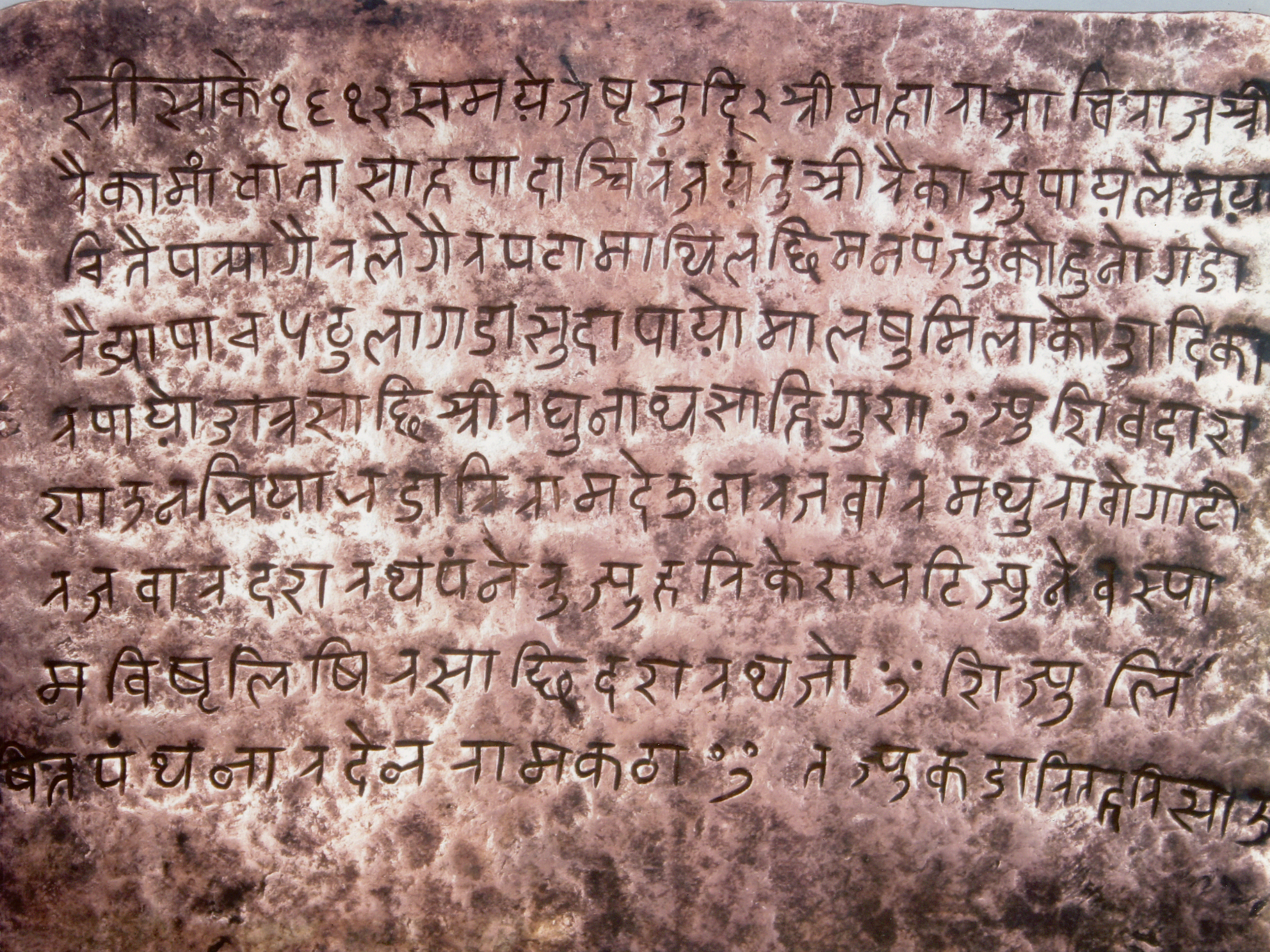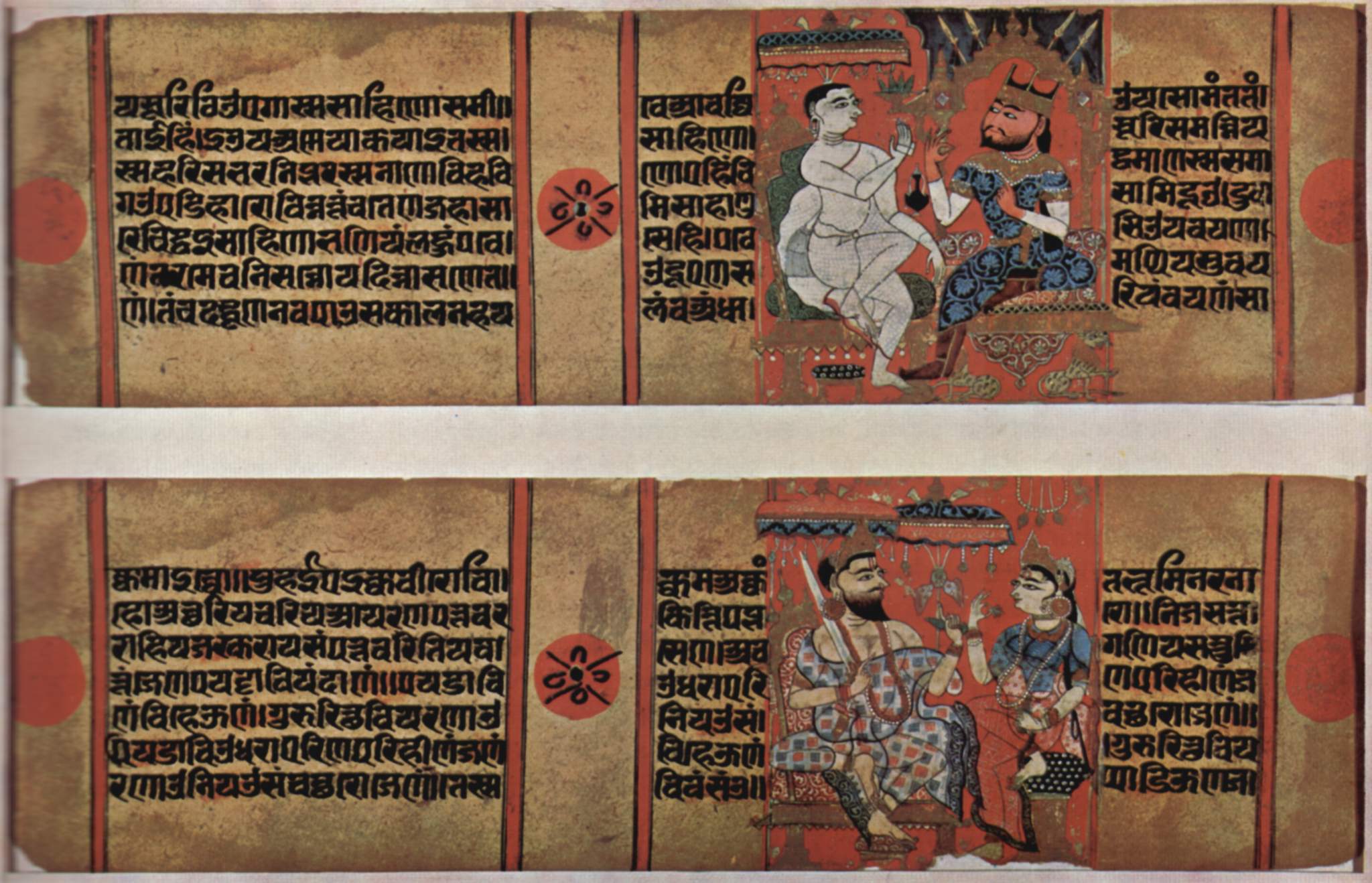|
Modiaain
''Modiaain'' () is a 1980 Nepali novella by Bishweshwar Prasad Koirala. Koirala was the first elected prime minister of Nepal. He was prisoned multiple time during his political life and used to write in the prison. He wrote this book in three days (28–30 January 1964) while he was imprisoned in Sundarijal jail. It was published in 1980 (2036 BS) by Sajha Prakashan. It is a retelling of the Mahabharata epic from the point of view of a grocer's wife. While most retelling uses a primary or secondary character's viewpoint, Koirala told the story of how a war can affect an ordinary person too. It is one of his shortest novels. Synopsis The novella is set in the aftermath of the Kurukshetra War. The death and destruction caused by the war was of astronomical amount. Many women lost their male relatives in the war. ''Modiaain'' is the story of such a woman who lost her husband in the war. Within the book, emotions like war, love, sexuality, beauty, longing, anger, morality, hones ... [...More Info...] [...Related Items...] OR: [Wikipedia] [Google] [Baidu] |
Narendra Dai
''Narendra Dai'' (Nepali: नरेन्द्र दाइ) is a Nepali language, Nepali novel by B.P. Koirala. The book was published in 1970 by Sajha Prakashan. Koirala was the first democratically elected prime minister of Nepal. Most of his writings feature Nepalese women as the protagonists. Synopsis The novel has many Characters, viz. Narendra dai, Gauri, Munaria, Sannani and the narrator. Munaria is a poor girl living with her father and working at Narendra's home. Narendra is a wealthy man married with Gauri, but he dislikes her and loves Munaria. So a love triangle develops in between them as Gauri likes Narendra. Narendra has huge name and fame in the community. The family tries to develop a well relation between Gauri & Narendra but fails every time. The narrator always feels sorry for Gauri and dislikes Munaria. Kaptanni Aama is the cause of twist in the novel as she prefers racial discrimination. One day Munaria gives water to a Sarkee man which is of low standard ... [...More Info...] [...Related Items...] OR: [Wikipedia] [Google] [Baidu] |
Sumnima
''Sumnima'' () is a Nepali novel by B. P. Koirala. The book was published in 1969 by Sajha Prakashan. and describes a story of a Kirat woman and a Brahmin boy. Koirala was the first elected prime minister of Nepal. Koirala wrote the book in eight days (June 21 to 28, 1964) during his imprisonment in Sundarijal jail. Synopsis Sumnima is a psychological love story between a Brahmin boy named Somdutta and a Kirati girl, the title of this novel, Sumnima. Somdutta is devoted to Brahmin rituals worshipping the Hindu gods. He practises celibacy and sex for him is a mode of reproduction only. Sumnima is very down to earth and knows how to live naturally. They spend a long time on the Koshi riverside and develop a deep affinity with each other. After their separation, Somdutta knows that Sumnima has become deeply rooted in his heart. The sexual desire for Sumnima haunts Somdutta till the end of his life. He realizes that the celibacy education, which should be a ladder to salvation and ... [...More Info...] [...Related Items...] OR: [Wikipedia] [Google] [Baidu] |
Nepali Language
Nepali (; , ) is an Indo-Aryan language native to the Himalayas region of South Asia. It is the official, and most widely spoken, language of Nepal, where it also serves as a '' lingua franca''. Nepali has official status in the Indian state of Sikkim and in the Gorkhaland Territorial Administration of West Bengal. It is spoken by about a quarter of Bhutan's population. Nepali also has a significant number of speakers in the states of Arunachal Pradesh, Assam, Himachal Pradesh, Manipur, Meghalaya, Mizoram and Uttarakhand. In Myanmar it is spoken by the Burmese Gurkhas. The Nepali diaspora in the Middle East, Brunei, Australia and worldwide also use the language. Nepali is spoken by approximately 16 million native speakers and another 9 million as a second language. Nepali is commonly classified within the Eastern Pahari group of the Northern zone of Indo-Aryan. The language originated from the Sinja Valley, Karnali Province then the capital city of the Khasa K ... [...More Info...] [...Related Items...] OR: [Wikipedia] [Google] [Baidu] |
Novella
A novella is a narrative prose fiction whose length is shorter than most novels, but longer than most short stories. The English word ''novella'' derives from the Italian ''novella'' meaning a short story related to true (or apparently so) facts. Definition The Italian term is a feminine of ''novello'', which means ''new'', similarly to the English word ''news''. Merriam-Webster defines a novella as "a work of fiction intermediate in length and complexity between a short story and a novel". No official definition exists regarding the number of pages or words necessary for a story to be considered a novella, a short story or a novel. The Science Fiction and Fantasy Writers Association defines a novella's word count to be between 17,500 and 40,000 words. History The novella as a literary genre began developing in the Italian literature of the early Renaissance, principally Giovanni Boccaccio, author of ''The Decameron'' (1353). ''The Decameron'' featured 100 tales (named nov ... [...More Info...] [...Related Items...] OR: [Wikipedia] [Google] [Baidu] |
Prime Minister Of Nepal
The Prime Minister of Nepal ( ne, नेपालको प्रधानमन्त्री) is the head of government of Nepal. The Prime Minister is the head of the Council of Ministers of Nepal and the chief adviser to the President of Nepal. The federal cabinet headed by the prime minister is appointed by the president to assist the latter in the administration of the affairs of the executive. The prime minister has to enjoy the confidence of a majority in the Pratinidhi Sabha and shall resign if they are unable to prove majority when instructed by the president. The residence of the prime minister of Nepal is in Baluwatar, Kathmandu. The seat of the prime minister is Singha Darbar since the time of Chandra Shamsher Jang Bahadur Rana. The basic monthly salary of the prime minister of Nepal is NPR 77,280. The current prime minister is Pushpa Kamal Dahal from CPN (Maoist Center since 25 December 2022. He was appointed by the President Bidhya Devi Bhandari as per Articl ... [...More Info...] [...Related Items...] OR: [Wikipedia] [Google] [Baidu] |
Vikram Samvat
Vikram Samvat (IAST: ''Vikrama Samvat''; abbreviated VS) or Bikram Sambat B.S. and also known as the Vikrami calendar, is a Hindu calendar historically used in the Indian subcontinent. Vikram Samvat is generally 57 years ahead of Gregorian Calendar, except during January to April, when it is ahead by 56 years. Alongside Nepal Sambat, it is one of the two official calendars used in Nepal. In India, it is used in several states. The traditional Vikram Samvat calendar, as used in India, uses lunar months and solar sidereal years. The Nepali Bikram Sambat introduced in 1901 CE, also uses a solar sidereal year. History A number of ancient and medieval inscriptions used the Vikram Samvat. Although it was reportedly named after the legendary king Vikramaditya, the term "Vikrama Samvat" does not appear in the historical record before the 9th century; the same calendar system is found with other names, such as Krita and Malava. In colonial scholarship, the era was believed to be bas ... [...More Info...] [...Related Items...] OR: [Wikipedia] [Google] [Baidu] |
Mahabharata
The ''Mahābhārata'' ( ; sa, महाभारतम्, ', ) is one of the two major Sanskrit epics of ancient India in Hinduism, the other being the ''Rāmāyaṇa''. It narrates the struggle between two groups of cousins in the Kurukshetra War and the fates of the Kaurava and the Pāṇḍava princes and their successors. It also contains philosophical and devotional material, such as a discussion of the four "goals of life" or ''puruṣārtha'' (12.161). Among the principal works and stories in the ''Mahābhārata'' are the '' Bhagavad Gita'', the story of Damayanti, the story of Shakuntala, the story of Pururava and Urvashi, the story of Savitri and Satyavan, the story of Kacha and Devayani, the story of Rishyasringa and an abbreviated version of the ''Rāmāyaṇa'', often considered as works in their own right. Traditionally, the authorship of the ''Mahābhārata'' is attributed to Vyāsa. There have been many attempts to unravel its historical growth and c ... [...More Info...] [...Related Items...] OR: [Wikipedia] [Google] [Baidu] |
Kurukshetra War
The Kurukshetra War ( sa, कुरुक्षेत्र युद्ध ), also called the Mahabharata War, is a war described in the ''Mahabharata ( sa, महाभारत )''. The conflict arose from a dynastic succession struggle between two groups of cousins, the Kauravas and the Pandavas, for the throne of Hastinapura. The war laid the foundation for the ''Bhagavad Gita''. The historicity of the war remains the subject of scholarly discussion. The Battle of the Ten Kings, mentioned in the ''Rigveda'', may have formed the core of the Kurukshetra war's story. The war was greatly expanded and modified in the ''Mahabharata'''s account, which makes it dubious. Attempts have been made to assign a historical date to the Kurukshetra war, with research suggesting BCE. However, popular tradition claims that the war marks the transition to the ''Kali Yuga,'' dating it to BCE. The war took place in Kurukshetra. Despite only spanning eighteen days, the war takes more than ... [...More Info...] [...Related Items...] OR: [Wikipedia] [Google] [Baidu] |
Darbhanga
Darbhanga is the fifth-largest city and municipal corporation in the Indian state of Bihar situated centrally in Mithila region. Darbhanga is the headquarters of the Darbhanga district and the Darbhanga division. It was the seat of the erstwhile Khandwala Zamidaar dynasty Under Mughals. It was the capital of Mithila. It is considered the Medical Capital of North bihar. It has DMCH & second AIIMS Hospital in the State Only after Capital Patna. Darbhanga is one of the oldest cities in India. Musical, folk art, and literary traditions in Sanskrit, Maithili and Urdu have been passed down generations in Darbhanga and constitute the city's strong cultural background. History The city was the capital of the Darbhanga Raj, an estate established in the 16th century, and contains the Anandbagh Palace. It was constituted a municipality in 1864. Darbhanga is home to the Kameshwara Singh Darbhanga Sanskrit University (1961), which is located on the grounds of the palace, and the Lal ... [...More Info...] [...Related Items...] OR: [Wikipedia] [Google] [Baidu] |
Sajha Prakashan
Sajha Publications ( ne, साझा प्रकाशन, lit=Common Publication, translit=Sajha Prakashan) is the oldest publishing house of Nepal. It was established in 1913 and is funded by the Government of Nepal. Headquartered in Lalitpur, it has regional branches in Biratnagar, Pokhara, Nepalgunj and Dhangadi. Litterateur and former bureaucrat Prahlad Pokhrel is the general manager of the publishing house. History Sajha Publications was established in 1913 (1970 BS) by the then prime minister of Nepal, Chandra Shumsher as ''Gorkha Bhasa Prakashani Samiti'' (Gorkha Language Publishing Committee). It was renamed as ''Nepali Bhasa Prakashani Samiti'' (Nepali Language Publishing Committee) in 1933 (1990 BS). It was finally revamped as ''Sajha Prakashan'' in 1964 (2021 BS). After the rebranding as Sajha Prakashan, King Mahendra became the patron of the organization. The publication used to work closely with the ''Pathyakram Vikas Samiti'' (Curriculum Development Committ ... [...More Info...] [...Related Items...] OR: [Wikipedia] [Google] [Baidu] |
Atmabrittanta
Bisheshwor Prasad Koirala's ''Atmabrittanta (Late Life Recollections)'' is the autobiography of a prominent political figure and the first democratically elected Prime Minister of Nepal. In the book, Koirala recounts his early life in India, the development of his political career and the founding of the Nepali Congress National Party, armed revolution against the Rana Dynasty, involvement with the early governments of Nepal, struggles with the monarchy, and his jailed life. . References 2001 non-fiction books Books about Nepal Nepalese biographies Nepalese books Nepalese non-fiction literature Works by Bishweshwar Prasad Koirala {{Bio-book-stub ... [...More Info...] [...Related Items...] OR: [Wikipedia] [Google] [Baidu] |



.png)
